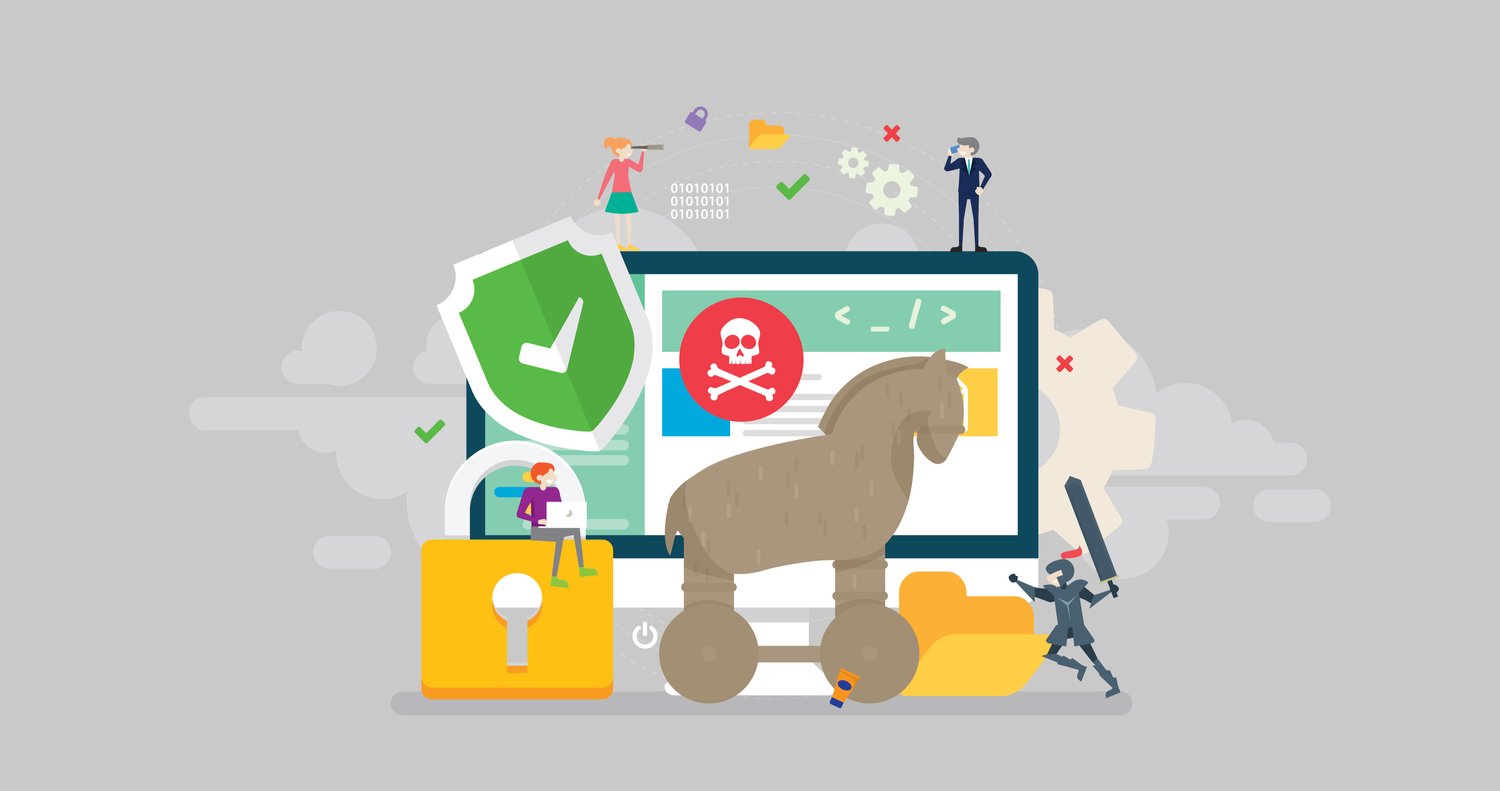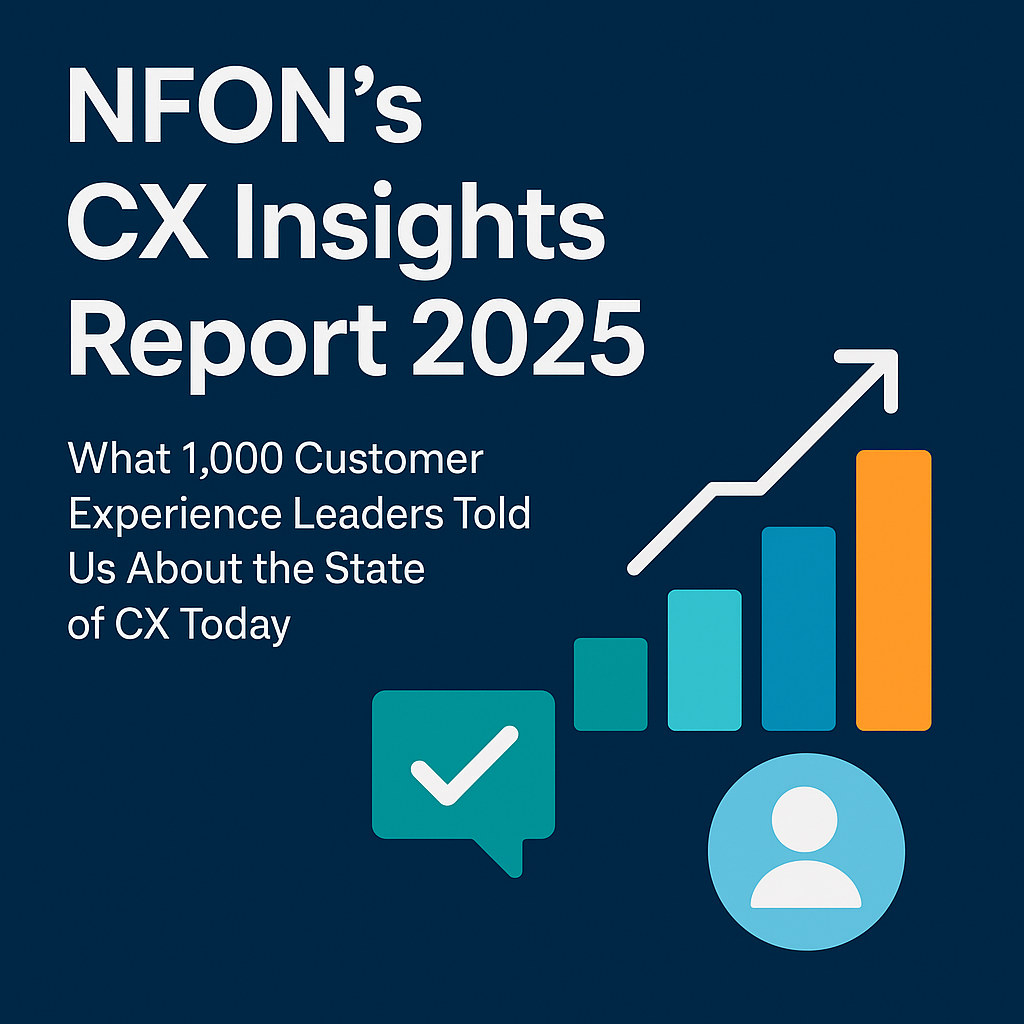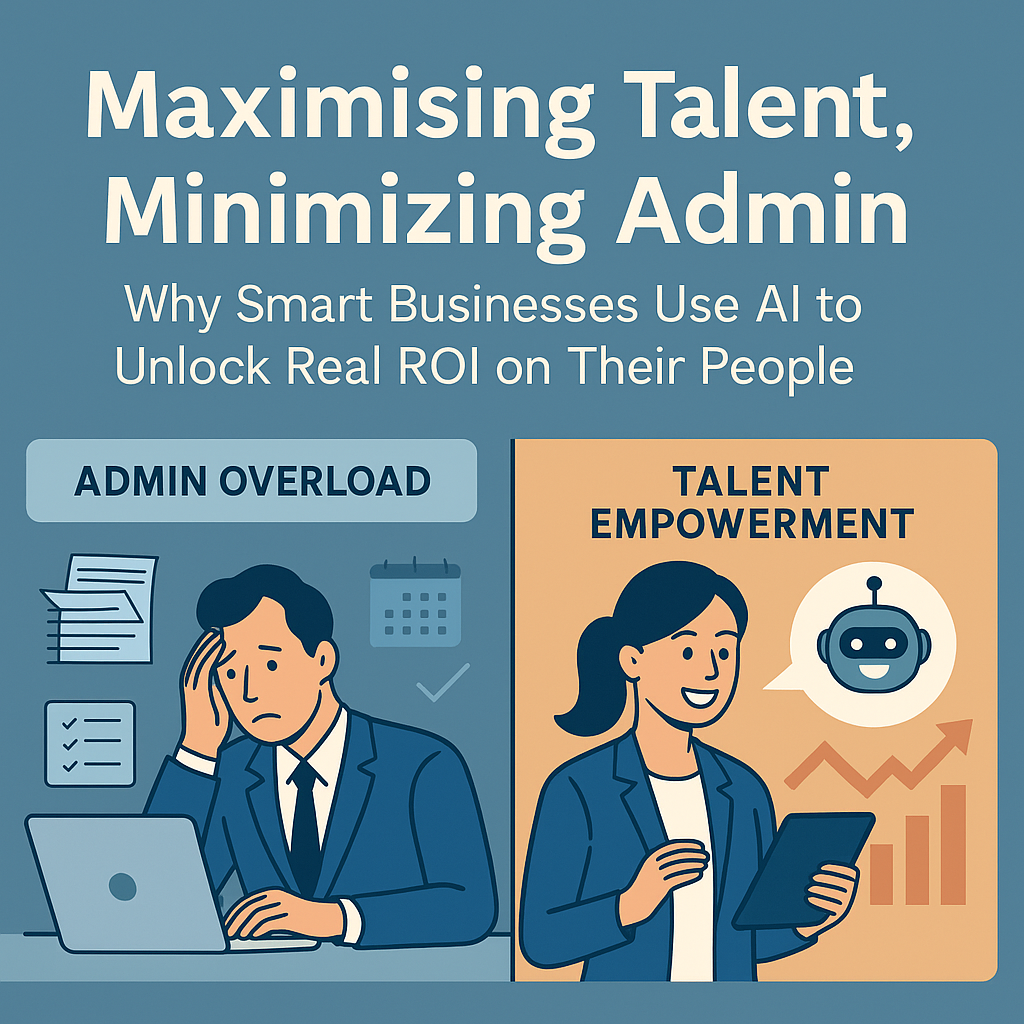Since the turbulence of 2020, data security threats have been rising exponentially.
From internal breaches to external cyberattacks, countless businesses have been subjected to persistent and significant risks.
News sources recently revealed that the UK’s cybersecurity team has taken down more malicious scams between 2020 and 2021 than in the previous three years combined.
Further to this, the increase in remote and geographically-dispersed teams has exposed more vulnerabilities, as habits and insufficient training remain a serious threat to long-term survival.
Overall, it is time for more organisations across all sizes and sectors to take data security seriously.
It’s easy to forget or underestimate just how many different ways in which data security can safeguard your business.
That’s why we’ve taken the time to put them into an infographic. Click below to download. Or if you prefer, read on below.
Data security matters to businesses
And not just to prevent instances of fraud or cyber theft.
Data security underpins not only an organisation’s ability to stay afloat, but also to remain competitive, productive and profitable in the long term. Check out our guide for the full lowdown on data security.
Here are 5 reasons why data security is important to your business.
It impacts your business reputation
If you lack standard data security accreditations, or suffer from a data breach, this can seriously affect your reputation.
And a damaged reputation will limit your ability to attract new customers, retain existing ones, and recruit talent.
According to a YouGov poll, nearly 8 out of 10 people would think twice about giving their custom to an online organisation that had made headlines for failing to stop a data security breach
It influences customer trust
When a customer purchases something from you, they put their data (and their trust) in your hands.
It’s only fair to honour that by having the best data security possible.
52% of consumers said security is an important or main consideration when purchasing products or services and would consider paying for the same products or services from a provider with better security
It affects your employees
Statistics taken from employees after a data breach revealed lasting negative consequences for staff:
25% said work-life balance was impacted
21% said micro management increased
15% said it resulted in job losses
Your bottom line will thank you
The average cost of a data breach is £2.8 million
And not much of that is due to theft.
Data breaches of any kind can lead to:
- Loss of assets
- Information leaks
- Operational downtime
- Reputational damage
All of which represent significant costs.
Cyberattacks affect ALL businesses
43% of cyberattacks are aimed at small businesses.
But only 14% of small businesses are prepared to defend themselves
Don’t make the mistake of thinking it won’t happen to you!
Takeaways
In summation, these are the 5 reasons why you should invest serious time, money and effort into enhancing your data security standards and practices...
- Better business reputation
- Higher levels of customer trust
- Improved employee morale
- Reduced cost and risk
- Because it affects all organisations










